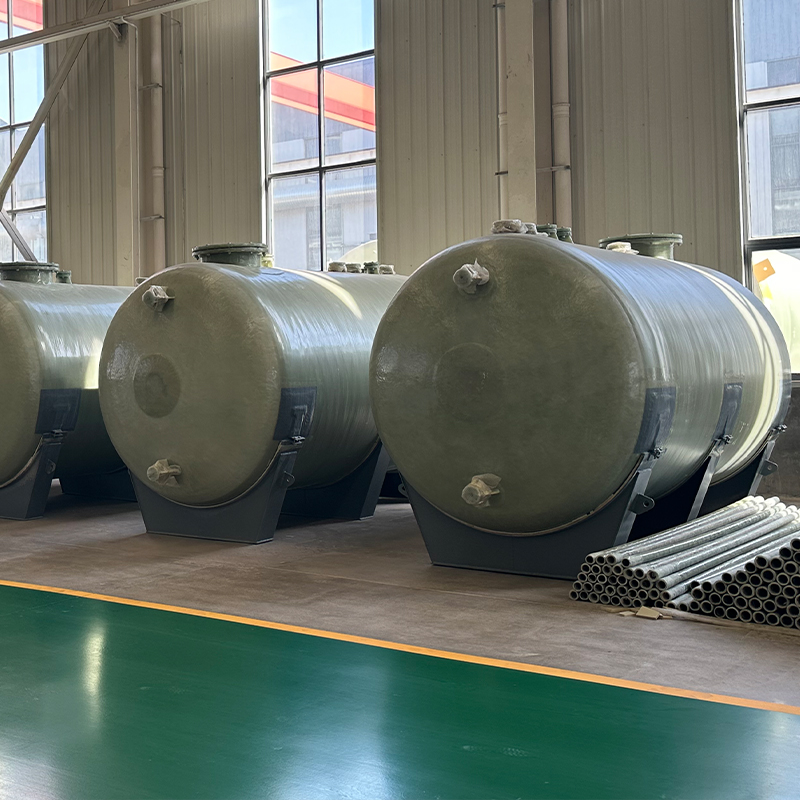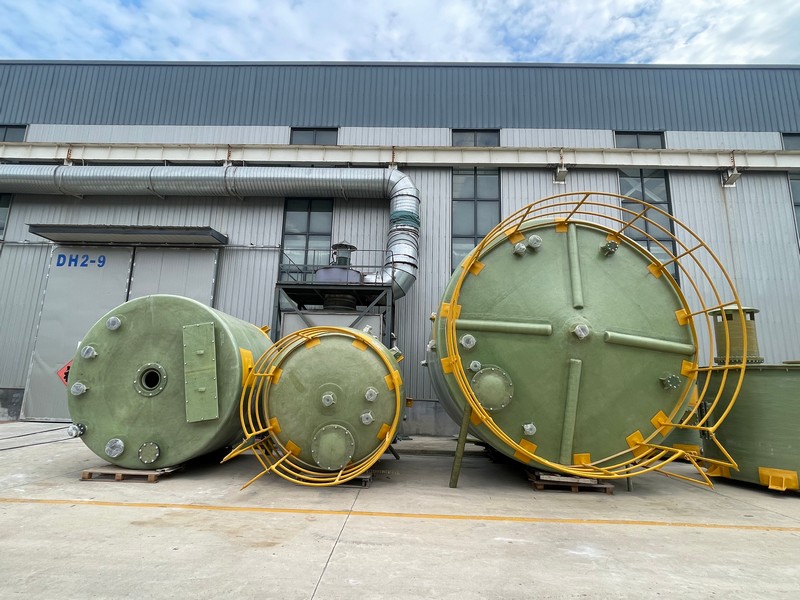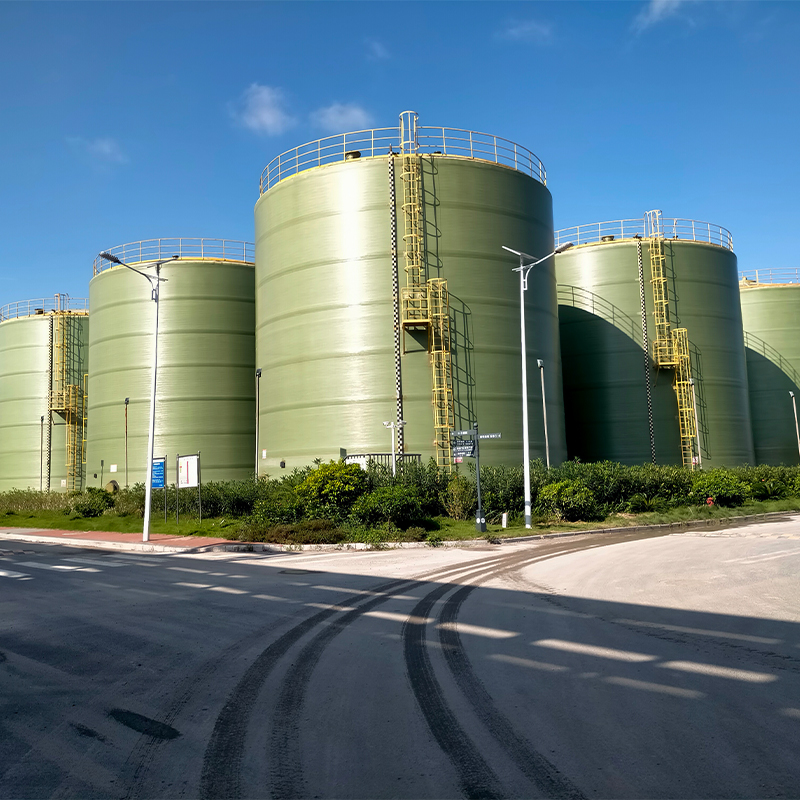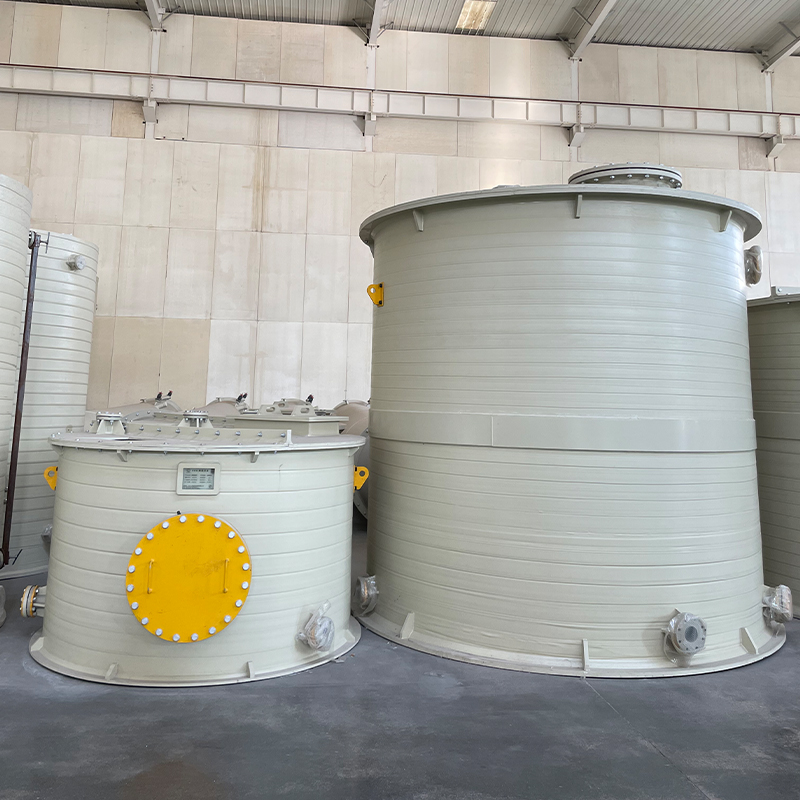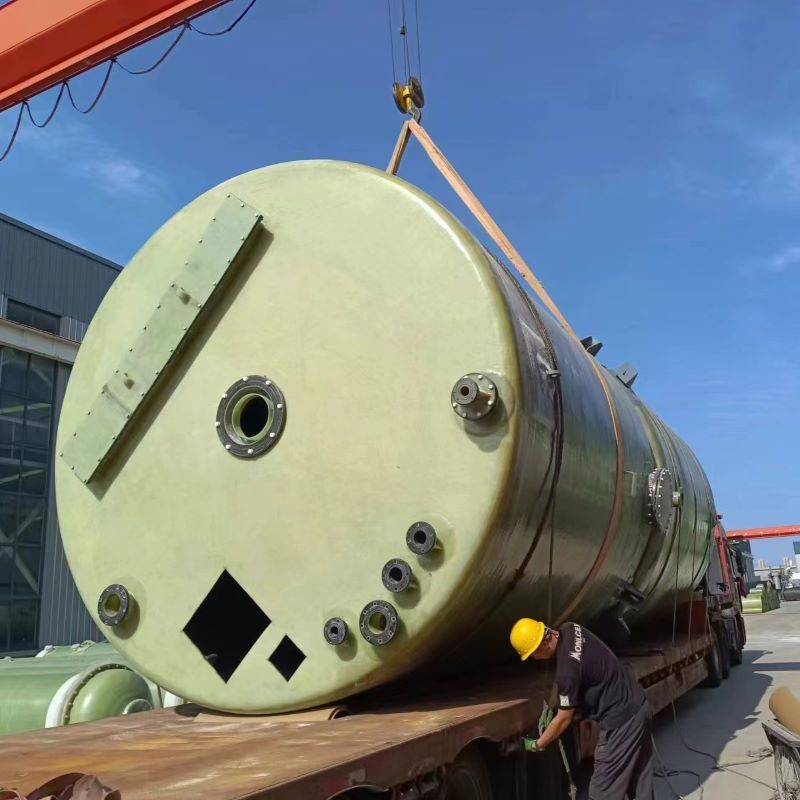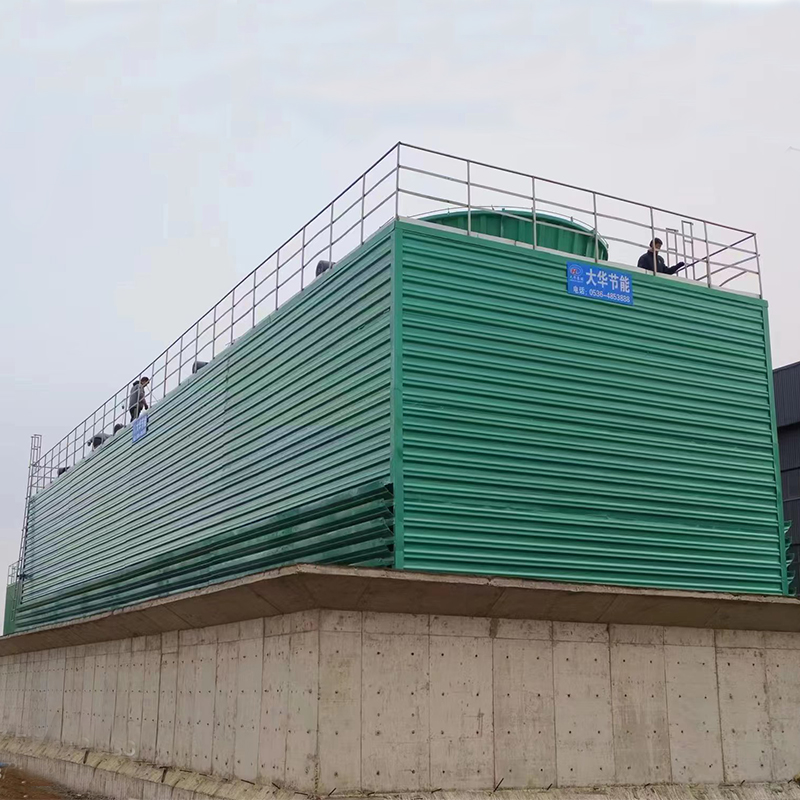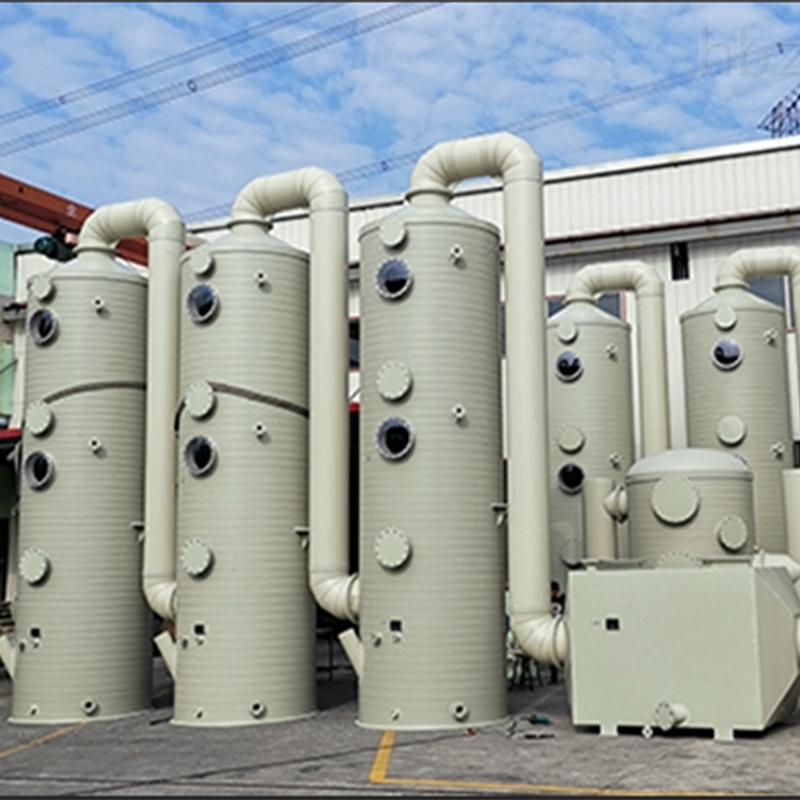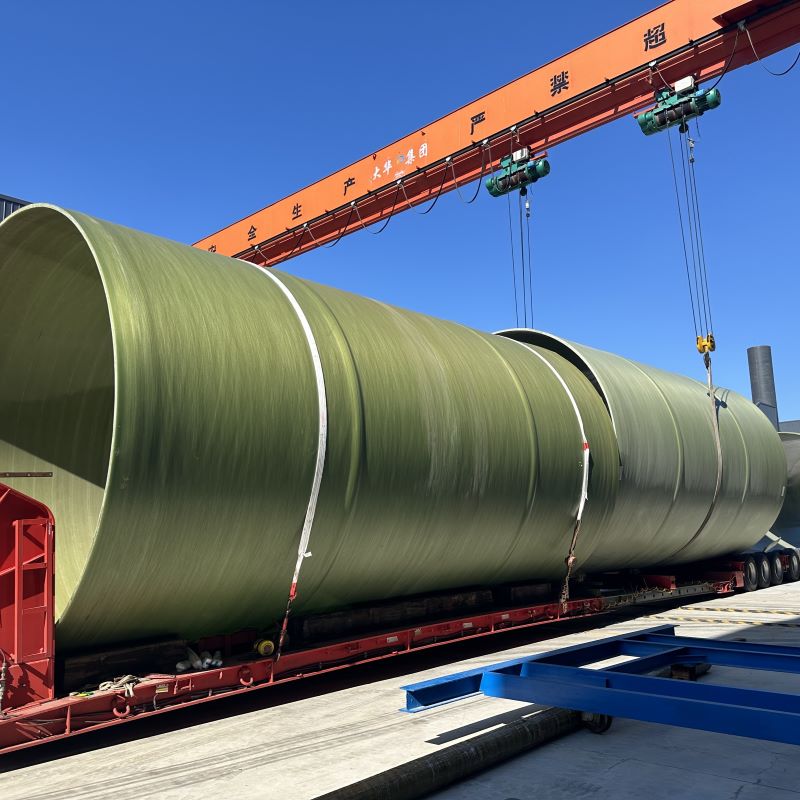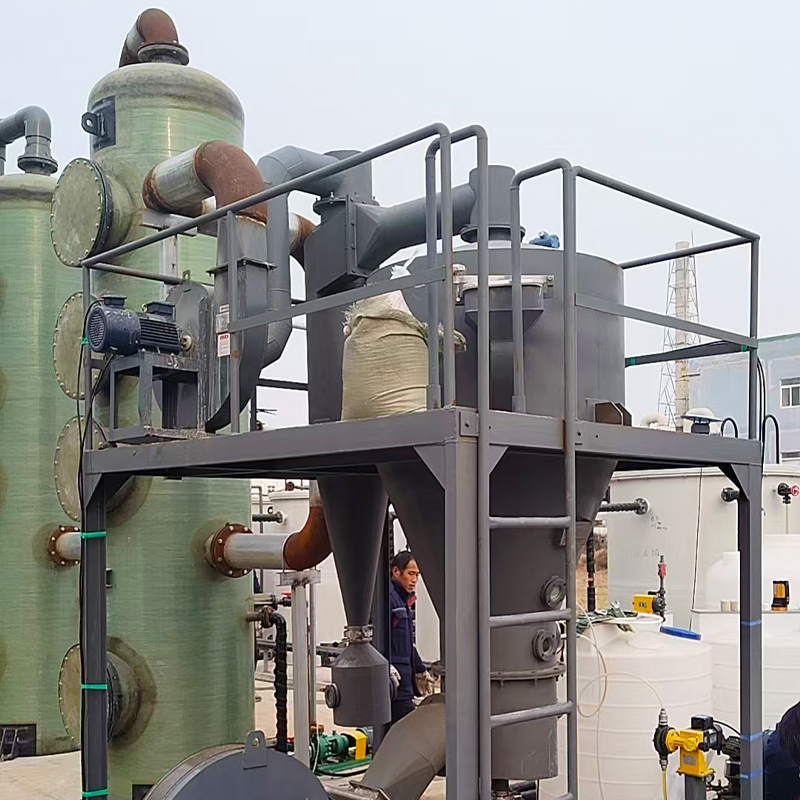
China box fan evaporative cooler
Exploring the Benefits of China Box Fan Evaporative Coolers
In the sweltering heat, finding an efficient cooling solution is crucial. This brings us to the China box fan evaporative cooler, a device known for combining simplicity and efficacy. Here's why this cooling system has caught the eye of many seeking relief from high temperatures.
Understanding the Basics
Let's start with the basics: what exactly is a box fan evaporative cooler? At its core, this device takes warm air, passes it through water-saturated pads, and releases cool air. It’s quite unlike the conventional air conditioner, relying instead on a natural cooling process similar to how sweat cools the skin.
Now, why choose a model from China? Many manufacturers from China have a knack for producing cost-effective yet reliable appliances, often due to their access to affordable materials and skilled labor. But there's always a catch—understanding how to choose the right product is vital.
Having been through several Beijing summers myself, I can attest to the effectiveness of these coolers, especially in dry climates. But, not all models are made equal. It's essential to look beyond the surface features and delve into aspects like fan power, water tank capacity, and pad quality.
Choosing the Right Model
When navigating the options, it’s easy to be dazzled by sleek designs or low price tags. My advice? Focus on functionality. For instance, consider where you'll place your cooler. Is it a small room or a larger space? This will help determine the size and power needed.
The importance of the fan cannot be overstressed. You want something robust enough to push air across the room but not so powerful that it becomes noisy and disruptive. A well-balanced box fan is a game-changer.
Water usage is another factor. Some units can drain surprisingly quickly in high heat, while others boast efficiency features that maximize every drop. This is where brands like those found on DaHua Group shine, offering innovative solutions in water management.
Practical Considerations
After deciding on a model, the next step is all about placement. One common mistake is putting the cooler in a corner or too close to walls. It needs space to function optimally—free airflow is key.
Maintenance is another practical aspect. These units require more attention than one might think—regular pad changes and tank cleanings are essential. The buildup of minerals from water can impact performance, so regular checks and cleanings are a must.
In my experience, a touch of pre-planning can go a long way. Understanding how air flows in your particular space will help in positioning the cooler for maximum effect. This small adjustment can significantly enhance cooling efficiency.
Common Pitfalls
Even with the best preparations, things can go awry. One frequent issue is oversizing. Bigger isn’t always better—an oversized unit can lead to excessive humidity, rendering the space uncomfortable during extended operation.
On the flip side, undersizing leads to insufficient cooling, with the fan working overtime to little effect. Both problems can be avoided by accurately assessing your cooling needs and matching them to your chosen unit’s capabilities.
Additionally, it's crucial to consider the climate. These coolers excel in dry environments, but in humid areas, their effectiveness diminishes. It's a bit of a puzzle sometimes, balancing efficiency with environmental factors.
Environmental Impact and Innovation
The environmental advantages of evaporative coolers should not be overlooked. They use considerably less power than traditional air conditioners, making them an eco-friendly choice.
Moreover, companies like DaHua Group are at the forefront of energy-efficient technologies, integrating features that minimize water and electrical consumption. Their innovations reflect a broader industry trend towards sustainability.
As we move towards greener practices, adopting technologies like the China box fan evaporative cooler can contribute to more sustainable living. It's not just about staying cool—it's about doing so responsibly.
Соответствующая продукция
Соответствующая продукция
Самые продаваемые продукты
Самые продаваемые продуктыСвязанный поиск
Связанный поиск- China FRP Ducting Manufacturer factory
- Best Evaporative Cooling Unit price
- FRP Pipe Fittings price
- China High-Efficiency Hybrid Evaporative Air Cooler exit
- high quality evaporative cooler tower fan exit
- high quality warehouse evaporative cooler product
- Best industrial evaporative cooler price
- high quality FRP Composite Tower price
- OEM FRP Collection Tube Pricing product
- PPH storage tank product


